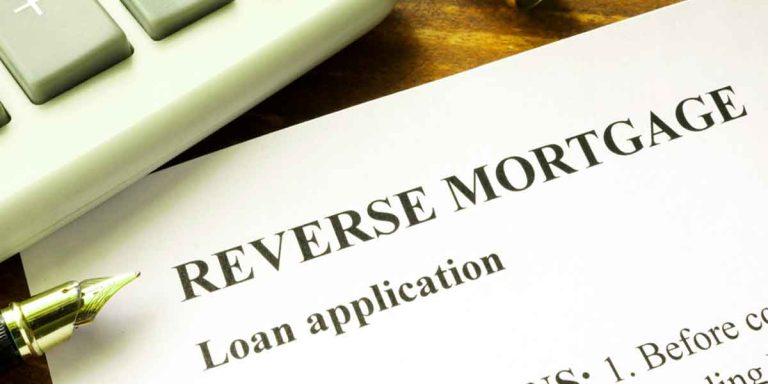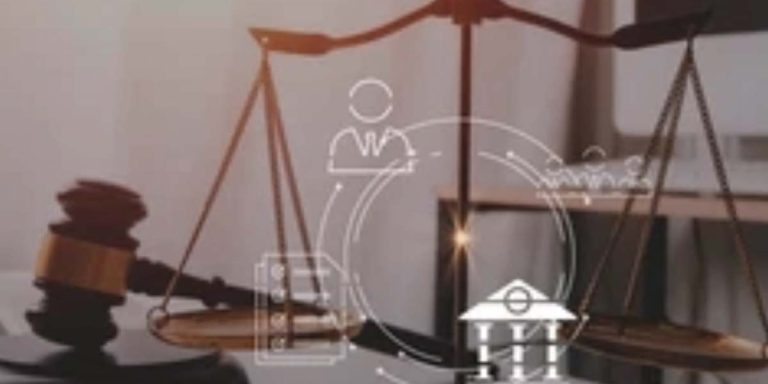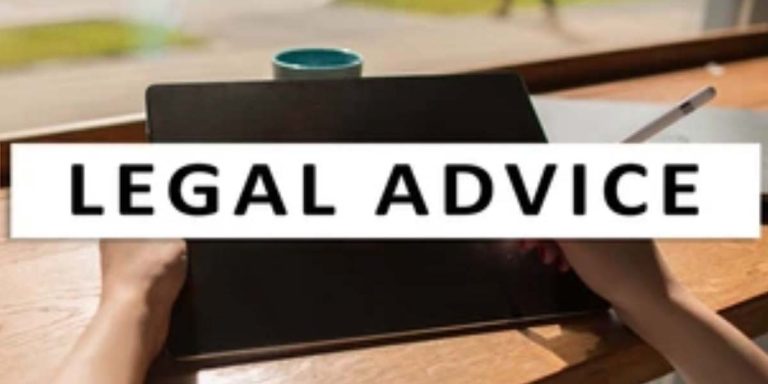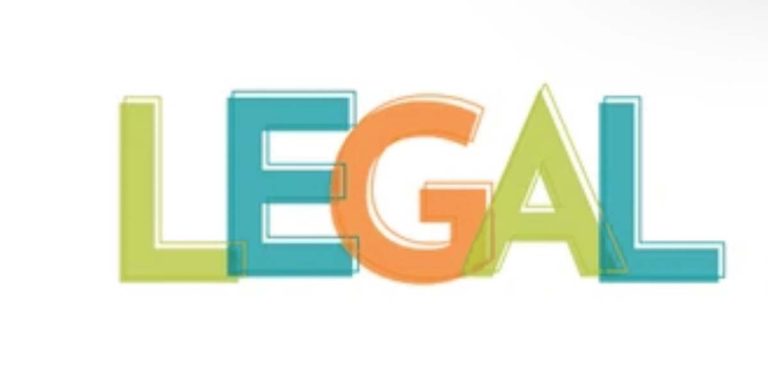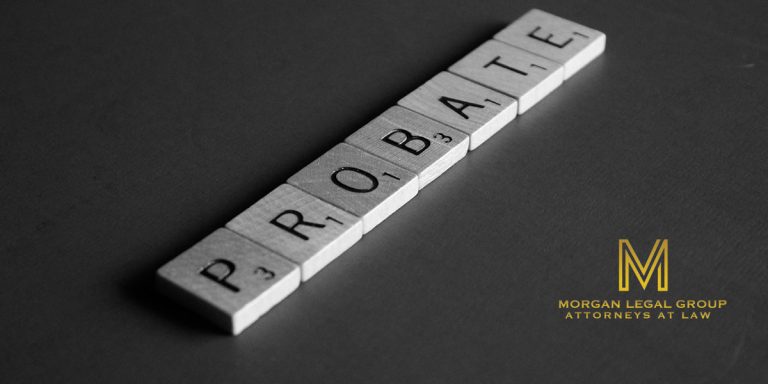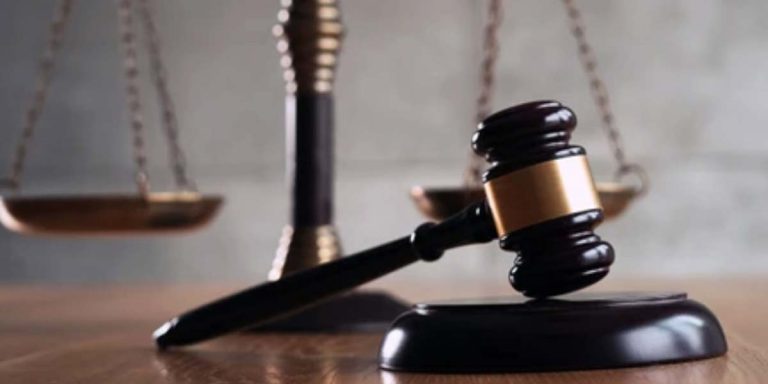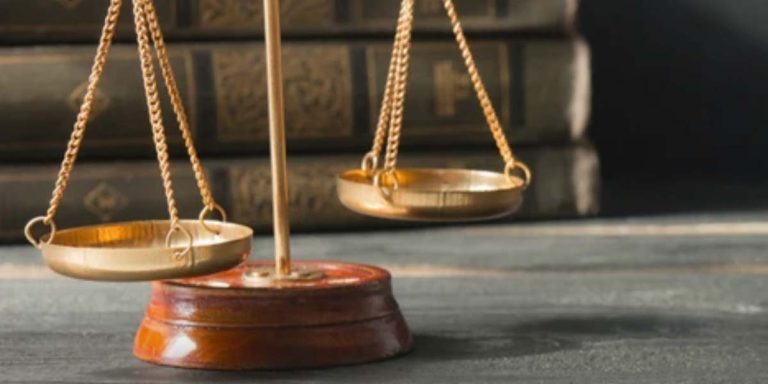What is a power of attorney?
A power of attorney (POA) is a document in which you appoint another person to act and make decisions on your behalf. In such a setting, you are called the principal while the agent you appoint is called an attorney-in-fact (note that this person doesn’t have to be a legal professional in anyway). A power of attorney sometimes is also used to refer to the attorney-in-fact.
The power of attorney document authorizes the agent over a broad or limited jurisdiction as set out by the principal. They can either be authorized to make financial decisions, health care decisions, both, or even handle the personal and domestic care of the principal as the case may be.
Why should you create a power of attorney in NYC?
A power of attorney is a fundamental document to include in your estate plan. The reason is because it gives you the opportunity to have someone manage your affairs in the event you are unable to do so yourself, ensuring your financial and personal affairs are in good hands always.
For example, you may become incapacitated in the future due to Alzheimer’s or some other critical illness. Who handles your business in your stead? How are you sure there will be someone running things and making decisions just as you would have done?
By creating a power of attorney, you remove the conflict of opinions which may occur within your family in such situations. They wouldn’t have to argue about what should be done. There would be an agent who makes the call.
Two main reasons to create a power of attorney
1. Making financial decisions on behalf of the principal
You can designate a power of attorney so that someone can manage your financial affairs when you are unable to do so, due to absence or incapacity. The agent would be responsible for:
- Making investment decisions for the principal
- Making sales
- Cashing out profits
- Filing taxes
- Paying the principal’s bills
- Paying the principal debts using their funds
- Applying for Medicaid and veterans benefits as the case may be.
2. Making medical and personal decisions on behalf of the principal
If the principal becomes unable to make decisions concerning their own healthcare, possibly because they’re unconscious on the sick bed, a power of attorney enables them to have someone making the right call as they would have done. This kind of power of attorney is also sometimes referred to as healthcare proxy—that is, putting your healthcare into someone else’s hands.
In this case, the agent can make decisions concerning:
- What kind of medical care the principal receives
- Where they receive the care
- Which doctor and care provider attend to the principal
- Where the principal resides for their long-term care
- Feeding
- Bathing, washing, and other personal care.
What happens if you don’t have a power of attorney
Powers of attorney can be the instrument that protects your best interests, your healthcare, finances, and even the way you die. If you do not have one and you become incapacitated, your family may be thrown into confusion about what to do, and they may have to go through the costly and time-consuming process of guardianship.
Note that someone even as you close to you as your spouse cannot take legal or financial actions regarding any property held in only your name. A power of attorney can grant that opportunity to sell or invest.
Additionally, if you do not have a power of attorney before becoming incapacitated, your family members can’t create one for you. Principals have to set up their own powers of attorney when they have the legal capacity to do so. So without a POA, the court will have to appoint a guardian or conservator over you in the event you become incapacitated. This process is lengthy and costly.
Types of powers of attorney
· Limited power of attorney (conventional POA)
This kind of POA takes effect when created and stops when the principal becomes mentally incapacitated. It is often very specific, probably authorizing the attorney-in-fact to act on the principal’s behalf whenever the principal is abroad.
· Durable POA
This type of power of attorney continues being in effect even when incapacity hits.
· Springing POA
As the name implies, the springing power of attorney “springs” into effect immediately a particular event occurs, which is often incapacitation.
Get help
There are state laws and requirements binding the validity of your power of attorney document.
To ensure your document complies with New York state laws and that your POA is the type befitting your situation, call our estate planning attorneys NYC today for expert assistance.




